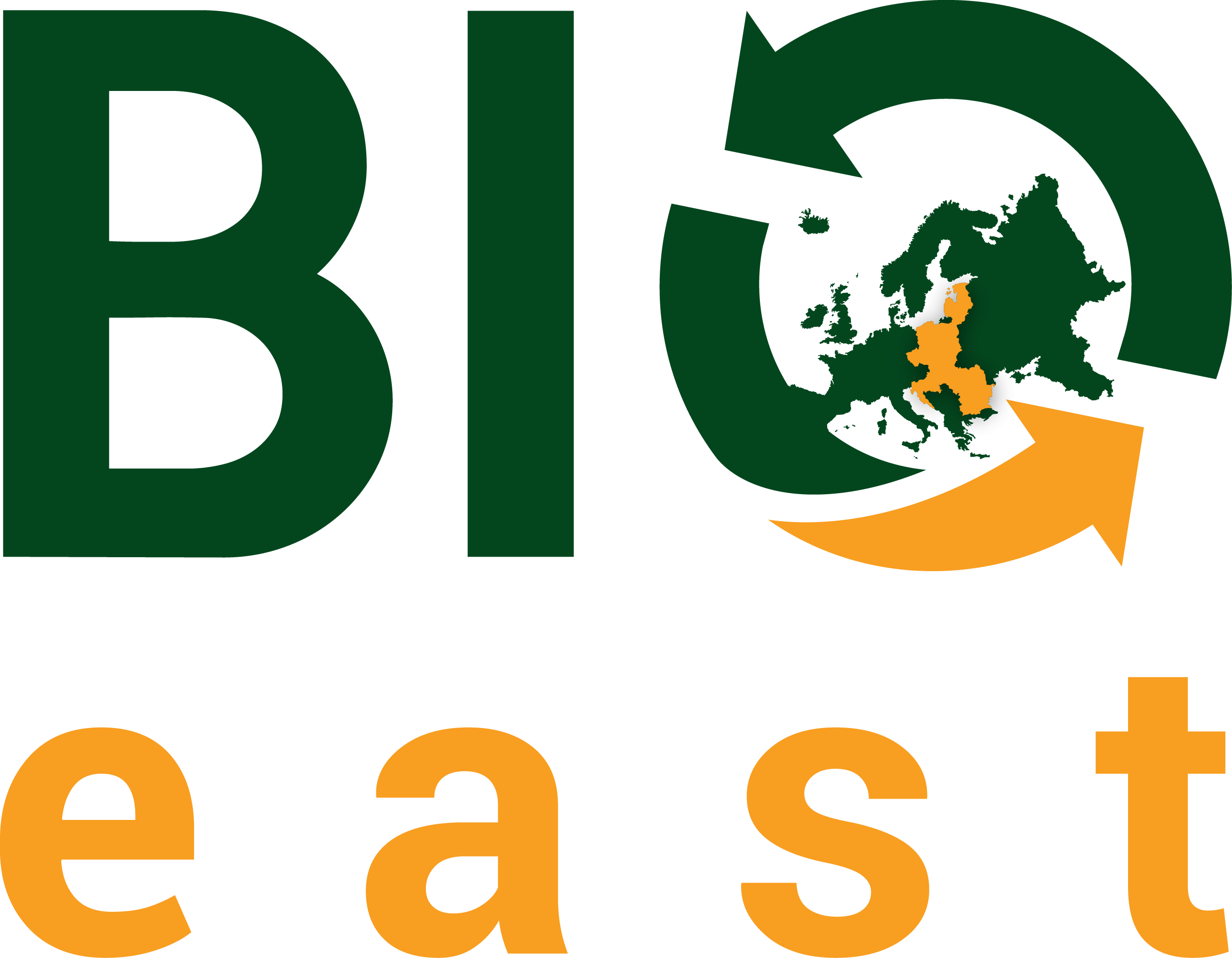In June 2025, under the leadership of the Latvia University of Life Sciences and Technologies (LBTU), the development of a national Bioeconomy Action Plan was launched in Latvia. A broad range of stakeholders is involved in the process to balance different priorities and promote the sustainable development of bioeconomy sectors over the coming decades. This planning initiative is part of the international BOOST4BIOEAST project, implemented by 11 European countries, with LBTU responsible for assessing Latvia’s current situation and defining future actions.
Latvia was first EU Eastern European Member State to approve a Bioeconomy Strategy 2030, back in 2017, and to begin its targeted implementation. That strategy identified several key goals related to employment, the added value of bioeconomy products, and the value of export production, along with a broader development vision. As this strategic period now draws to a close, the researchers at LBTU, also responsible of original strategy, have begun evaluating the current situation in order to develop an updated action plan and outline a sectoral development vision for 2040.
To support the development of the action plan, five thematic working groups have been established in key areas of bioeconomy:
- Agroecology – led by Dr.sc.ing. Viktorija Zagorska (LBTU)
- Bio-based materials – led by Dr.sc.ing. Uģis Cābulis (Latvian State Institute of Wood Chemistry)
- Bioeconomy education – led by Dr.oec. Līga Proškina (LBTU)
- Food systems – led by Dr.sc.ing. Tatjana Ķince (LBTU)
- Forest value chains – led by Dr.silv. Āris Jansons (Ministry of Agriculture)
The work of these groups is coordinated by Dr.oec. Irina Pilvere, who notes that the first stakeholder workshops were held at the end of June. These initial meetings successfully mapped the current bioeconomy ecosystem, collected input for a SWOT analysis, and began outlining potential future visions for each sector. Participants in the working groups include representatives from policy and governance, research and innovation, business, civil society, and NGOs.
“The development of bioeconomy sectors requires a coordinated and unified ecosystem with a shared understanding of goals, ongoing initiatives, and the necessary support instruments in place. Our aim is to involve a wide range of stakeholders in discussions about sector development, so we can obtain a comprehensive view of both strengths and barriers. We expect to receive a variety of opinions, which is why we will conduct thorough evaluations and strive to balance differing priorities to ensure sustainable development and high competitiveness across sectors,” explains Dr. Pilvere.
As the development of Latvia’s National Bioeconomy Action Plan is part of the BOOST4BIOEAST project, similar working groups and planning processes are underway in Estonia, Lithuania, Poland, Czechia, Slovakia, Slovenia, Hungary, Bulgaria, Romania, and Croatia. This regional initiative runs in parallel with activities of the European Commission, which plans to present a new European Bioeconomy Strategy in the autumn of this year.

